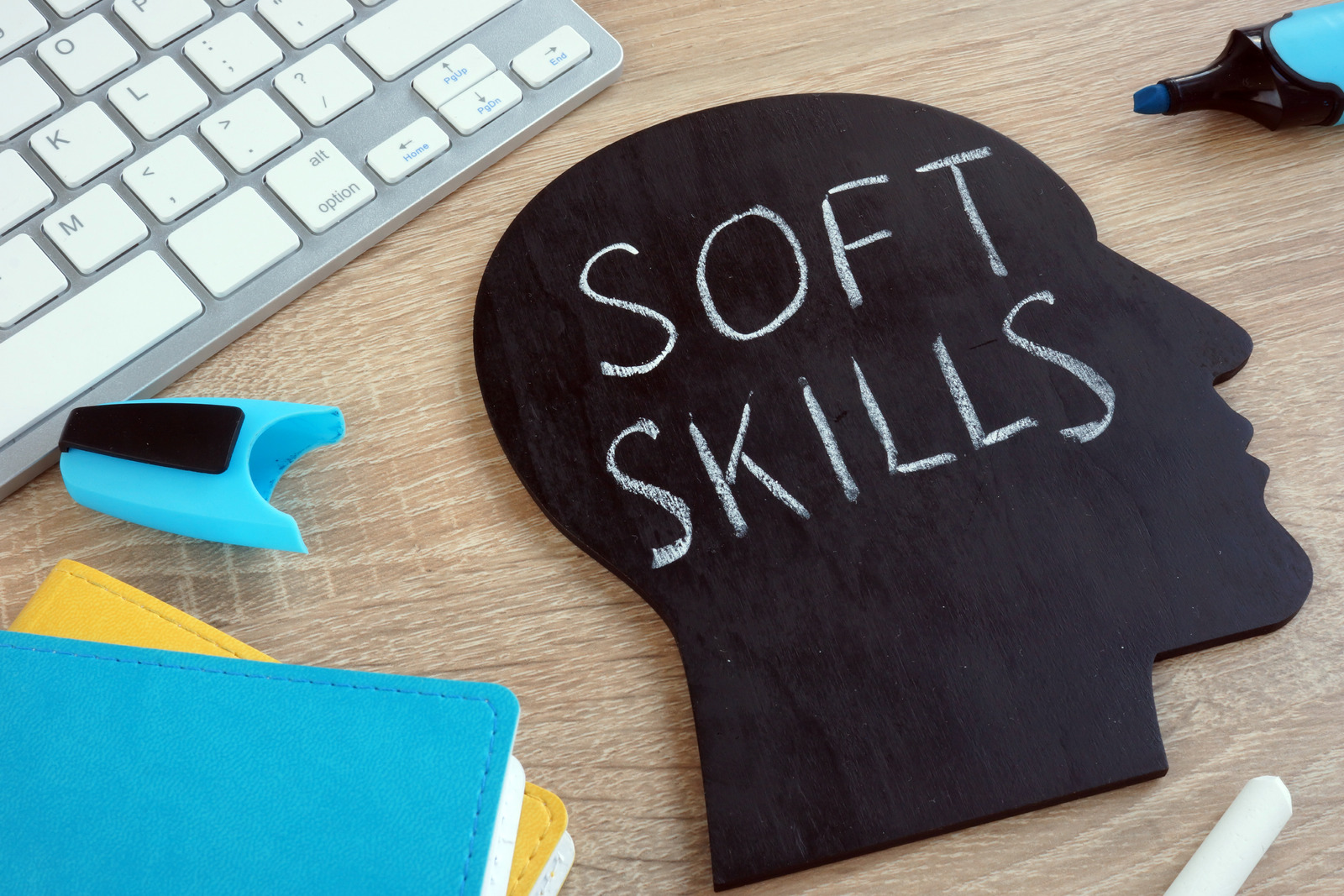Soft Skills Training in the Workforce
When it comes to workplace skills, they can be categorized into two types: hard skills and soft skills.
These different skills are relatively unalike from one another, but both are needed to be successful on the job. Hard skills are tangible skills that are explicit to your job and are mandatory for you to do your work. For example, if you’re a chef cooking, this would be an example of a hard skill. Soft skills on the other hand are relational or people skills that can be used in every job.
These skills consist of communication, teamwork, and adaptability. Hard skills are usually learned through school training or prior work experience. They’re more unbiased meaning that once you’ve learned the material or job, you would then hold that skill. Soft skills are more difficult to develop. You’ll need to practice them over time in the real world with others. They come naturally to some people, while others may not have such an easy time with them. Hard skills are easy to measure.
Employers can get a good idea of your hard skills by looking at your education, previous experience, and certifications. Soft skills are harder to assess. They can’t really be communicated well through your cover letter or resume. Instead, employers usually must wait until an interview or your first few weeks on the job to get a good idea of your soft skills. Despite their differences, you’ll need both hard and soft skills if you want to become more hirable or be successful in your current job.
44% of employers believe that candidates lack the vital soft skills needed to be successful at their job. There are many overall advantages to having soft skills. Some of these qualities include: increased productivity, improved teamwork, improved retention rates and lower employee turnover, improved employee satisfaction and self-esteem, improved leadership, increased workplace communication, reduces weaknesses and increased consistency. If employees have acquired these soft skills, this makes it easier for the overall workflow whereas employees can cover for one another when needed, work in teams or work by themselves without micromanagement.
There are soft skills that are predicted to be essential for the future workforce. These skills include but are not limited to: adaptability / learnability, cognitive flexibility, collaboration and coordination, communication, complex problem-solving, critical thinking, curiosity and creativity, customer service / service orientation, emotional intelligence, initiative and creative risk taking, and negotiation.
To conclude, many individuals aren’t taught the necessary soft skills needed to be successful in the workforce. It has therefore fallen on companies to provide this training. Lack thereof may result in restricting your business. A strong soft skills program will give you a competitive advantage over other companies and increase the probability of future success.








